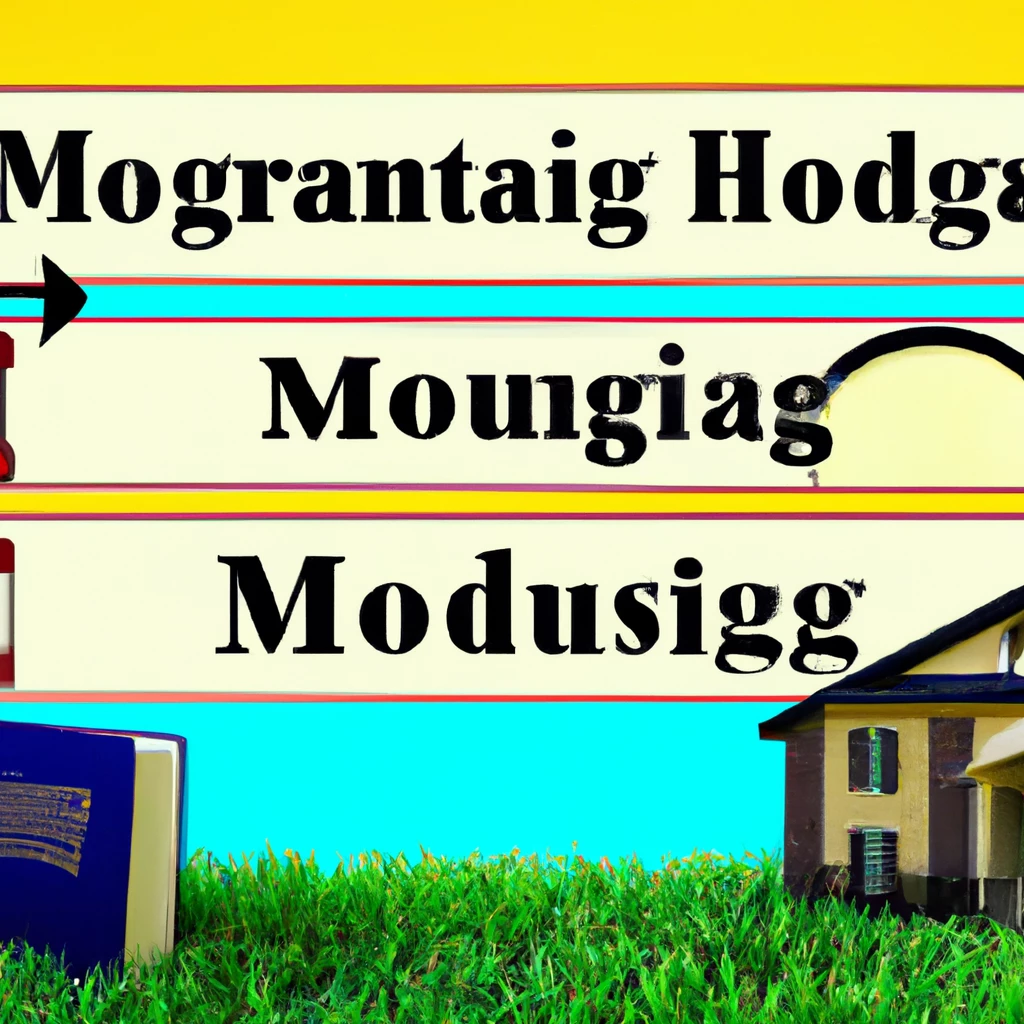What Is a Home Mortgage?
A home mortgage is a financial product designed for individuals seeking to purchase a residential property. It is typically issued by banks, mortgage companies, or other financial institutions. Unlike commercial or industrial properties, a home mortgage specifically targets primary, secondary, or investment residences. When entering into a home mortgage agreement, the borrower transfers the title of the property to the lender with the understanding that once the loan is fully repaid and all terms are met, the title will revert back to the borrower.
Being one of the most common types of debt, a home mortgage is a highly recommended financial tool. It offers lower interest rates compared to other consumer loans due to being a secured debt—where the property itself serves as collateral for the loan.
Key Takeaways
- A home mortgage is a loan specifically tailored for purchasing a residential property.
- Mortgages can feature fixed or floating interest rates with terms ranging from three to 30 years.
- During a home mortgage, the lender retains the property title until the loan is fully repaid.
How a Home Mortgage Works
Home mortgages provide broader access to real estate ownership by allowing borrowers to purchase a property without paying the full cost upfront. However, lenders hold the property title as collateral and can foreclose if payment obligations are not met.
Home mortgages can have fixed or variable interest rates, with monthly payments comprising both interest and contributions toward the principal amount. As the borrower pays down the principal, future payments increasingly reduce the principal balance.
In mortgage transactions, the lender is typically referred to as the mortgagee, while the borrower is the mortgagor.
Types of Mortgages
Mortgage loans come in various types, broadly categorized into conventional loans, Federal Housing Administration (FHA) loans, and specialty loans.
Conventional Loans
Conventional mortgage loans are not government-backed and may require private mortgage insurance if the down payment is less than 20%.
Recent changes to upfront fees for Fannie Mae and Freddie Mac loans may impact borrowers based on credit score and down payment.
FHA Loans
FHA loans, backed by the government, offer lower credit score and down payment requirements compared to conventional loans.
Specialty Loans
Specialty mortgage loans, such as VA and USDA loans, cater to specific groups or property locations, providing unique financing options.
For VA and USDA loans, lenders typically seek a credit score of 620 or higher.
What’s Included in a Mortgage Payment?
A typical mortgage payment encompasses principal, interest, mortgage insurance, property taxes, and homeowners insurance. These costs may be combined with upfront fees and association dues.
Upfront purchase fees, including earnest money, down payment, and closing costs, are separate from ongoing mortgage expenses.
How to Get a Home Mortgage
Securing a mortgage involves submitting a comprehensive financial history to a lender to demonstrate repayment capability. Borrowers may benefit from the assistance of mortgage brokers in the lender selection process.
The mortgage application process typically involves pre-qualification, pre-approval, and finally, a loan commitment after finding a suitable property.
Online mortgage calculators can assist in estimating home buying costs.
Upon agreement on mortgage terms, a lien is placed on the property, providing collateral for the loan and enabling ownership transfer in case of default.
Example of Mortgage Terms
Mortgage terms represent the repayment conditions for the loan, including the term length and interest rate. These terms impact the total cost of the home loan over its duration.
Illustratively, a $300,000, 30-year conventional loan at 3.5% interest with a $60,000 down payment entails additional costs for property taxes and homeowners insurance, contributing to the total loan expense.
Calculation of total expenses over the loan period provides a clearer picture of the financial implications of the mortgage, including interest, taxes, and insurance costs.
What Is a Mortgage for a House?
A mortgage for a house is a loan structured for purchasing residential property, with the house serving as collateral. Default on the loan can result in foreclosure by the lender.
Is a Mortgage the Same as a Home Loan?
While often used interchangeably, a mortgage and a home loan have distinct meanings. A mortgage is a loan secured against property, whereas a home loan specifically aims at house acquisition.
What Credit Score do You Need to Buy a House?
Credit score requirements for house buying vary by loan type and lender. For example, FHA loans may accept scores as low as 500, while conventional loans typically seek scores of 620 and above.
The Bottom Line
A home mortgage plays a pivotal role in property acquisition, offering a structured financial avenue for homeownership or investment. Understanding mortgage varieties, payment breakdowns, terms, and application procedures facilitates a smoother home purchase journey.
